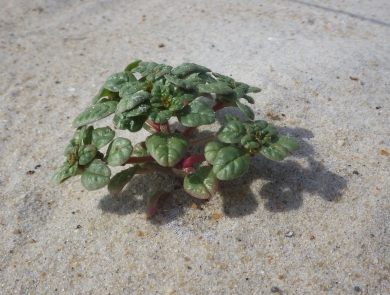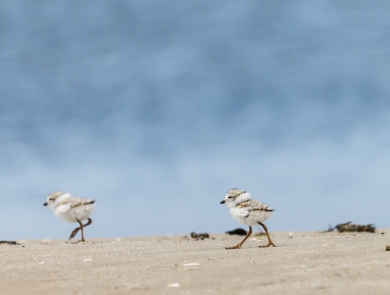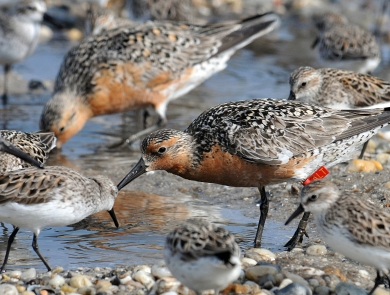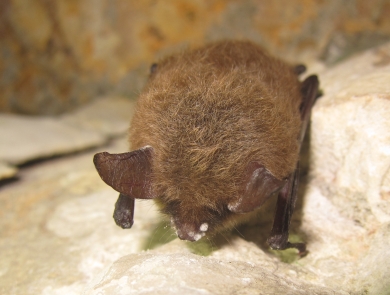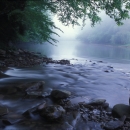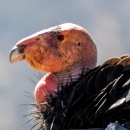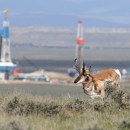About Us
Our Ecological Services Field Office is comprised of talented staff working to conserve, protect, enhance, and restore the fish, wildlife, and plant resources within Long Island. Our staff are highly trained and experts at working with at-risk, threatened, and endangered species, providing technical assistance related to conservation planning and renewable energy, and conducting cutting-edge research, environmental restoration, and community outreach and education. Our staff works closely with individual landowners as well as local, state, Tribal, and other federal organizations to achieve mutually agreeable conservation outcomes.
What We Do
Through a series of laws created over the last century, Americans have declared that we need to collectively protect landscapes, fish, wildlife, and plants. Several agencies in the federal government put our country's conservation laws into action, and the Ecological Services Program of the U.S. Fish and Wildlife Service helps lead the way.
We administer the Endangered Species Act, working with experts in the scientific community to identify species on the verge of extinction and to build the road to recovery to bring them back. We work with our partners in federal and state agencies, tribes, local governments, the business community, and private citizens to help protect important habitat, and help increase species' populations and reduce the threats to their survival so that they can be removed from federal protection.
We provide guidance and expertise to avoid and minimize impacts to wildlife for projects such as wind farms and large-scale transportation developments meeting our society's growing energy and transportation needs. Our environmental contaminant specialists review project plans and licenses to avoid or minimize harmful effects on wildlife and habitats. In cases of significant releases of hazardous waste, they work in the field to pinpoint sources of pollution and investigate effects, using this data to secure compensation for lost or damaged wildlife and habitat.
When we protect species and habitats, we conserve the natural resources on which we all depend. We provide recommendations to federal, state, and local agencies on measures to protect wetlands, which protect us from storms and filter our water. We conserve for future generations a continued source of land. Wild things and wild places are part of our shared history. They are part of the natural foundation of the lands we call home.
Our Organization
The Long Island Field Office is part of the U.S. Fish and Wildlife Service’s Ecological Services Program. Below are the national program pages for programs conducted by our office - for Long Island specific information on these programs (and others), please visit the "More About What We Do" section, above.
Our Species
Federally threatened and endangered species within New York State receive focused research, protection, and consideration from our biologists.
